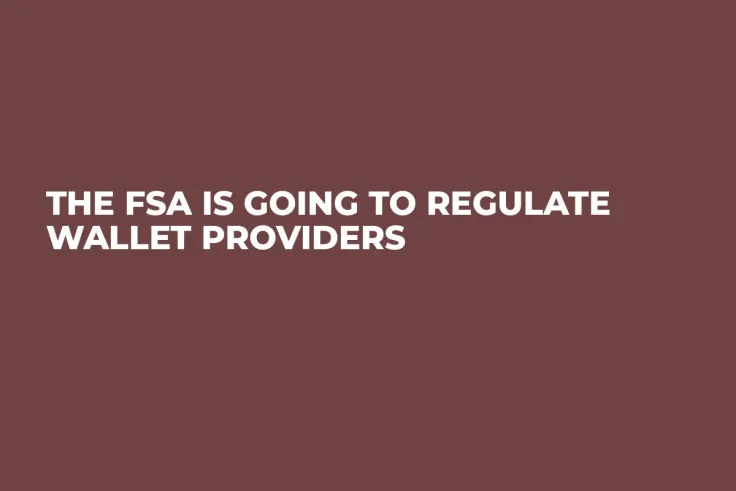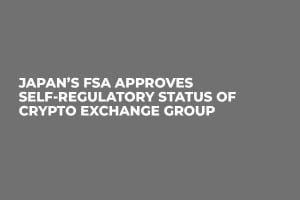The FSA, Japan’s financial regulator, has unveiled a plan to regulate crypto wallets. The regulator proposed a number of measures and suggested some ways to implement them.
Problem
On Monday, the 9th FSA crypto research group meeting was held. They discussed plans for crypto wallet service regulation and the legitimation of their suppliers, as noted in meeting materials.
Currently, digital asset trading services and crypto exchangers are subject to mandatory registration as crypto exchanges, the regulator insists. At the same time, representatives of the regulatory authorities believe that the creators of the wallets themselves should not be subject to this regulation.
The FSA noted that many of these wallets exist only as code, and there is no marketing strategy or beneficiary behind them. The regulation plan for cryptocurrency wallets market will apply to service providers, not software wallet or hardware wallet developers.
Regulation of wallet providers should contribute to the prevention of terrorism financing. That is why it must meet FATF standards.
Decision
The Japanese regulator believes that customers may be subject to hacker attacks, during which their funds might be stolen. Other risks include possible technical problems, wallet failures, money laundering, and possible types of fraud.
The FSA wants to deal with it using modernized internal control systems, division of digital assets of service providers and users, a thorough audit of financial statements, and retention of funds to repay the possible debts of customers.
Wallet providers may receive a transition period to introduce regulation during which they will not be able to add new customers.
Earlier in November, the FSA recognized the Japanese JVCEA association as a self-regulatory industry body of the FSA, specifying that industry experts should set rules themselves.



